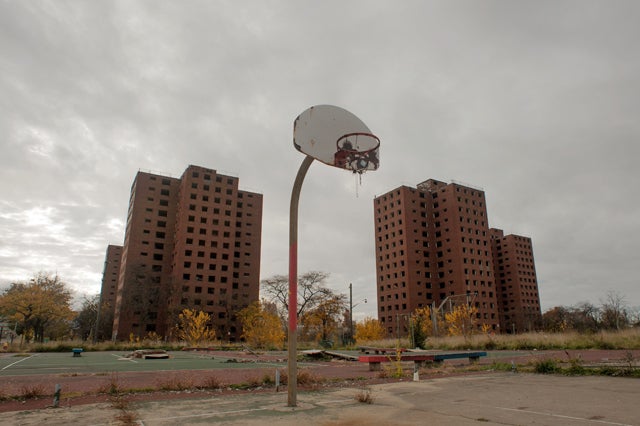Green Light for Detroit Bankruptcy: Time for Unions to Come to the Table
Alison Acosta Fraser /
Federal Judge Steven Rhodes’s ruling to allow the City of Detroit to proceed with its bankruptcy filing is a welcome—even momentous—occasion for Detroit. It means the city will be able to restructure its $18 billion in debt, the first step in the challenging process of rebuilding the city and reforming the government.
Key among the judge’s specific rulings was his decision to allow cuts to Detroit’s public employee pension programs with the proviso that such cuts be “fair and equitable.” Just how the judge will decide if the cuts are “fair” is uncertain. The union leaders who negotiated these utterly unaffordable pension and health care benefits have already cried foul and have been steadfastly opposed to any changes in the system. But, changes to the retirement plans are sorely needed.
Over half of the city’s $18 billion in debt actually comes from the pension plans and health care benefits. Annual costs (plus debt payments) already claim 43 cents out of every tax dollar coming to the city’s coffers and will skyrocket in a few short years. So without changes, fewer and fewer tax dollars will be free to pay for things like street lights, police or other emergency services—the kinds of services that cities are supposed to provide for their citizens.
The best thing for the future of the city is for the unions to sit down and work with Emergency Manager Kevin Orr to restructure existing pension debts—yes, that means benefit cuts—and restructure pensions for current workers going forward to make sure all are affordable to the city’s taxpayers. The more proactive unions are, the more “fair and equitable” the changes can be.

